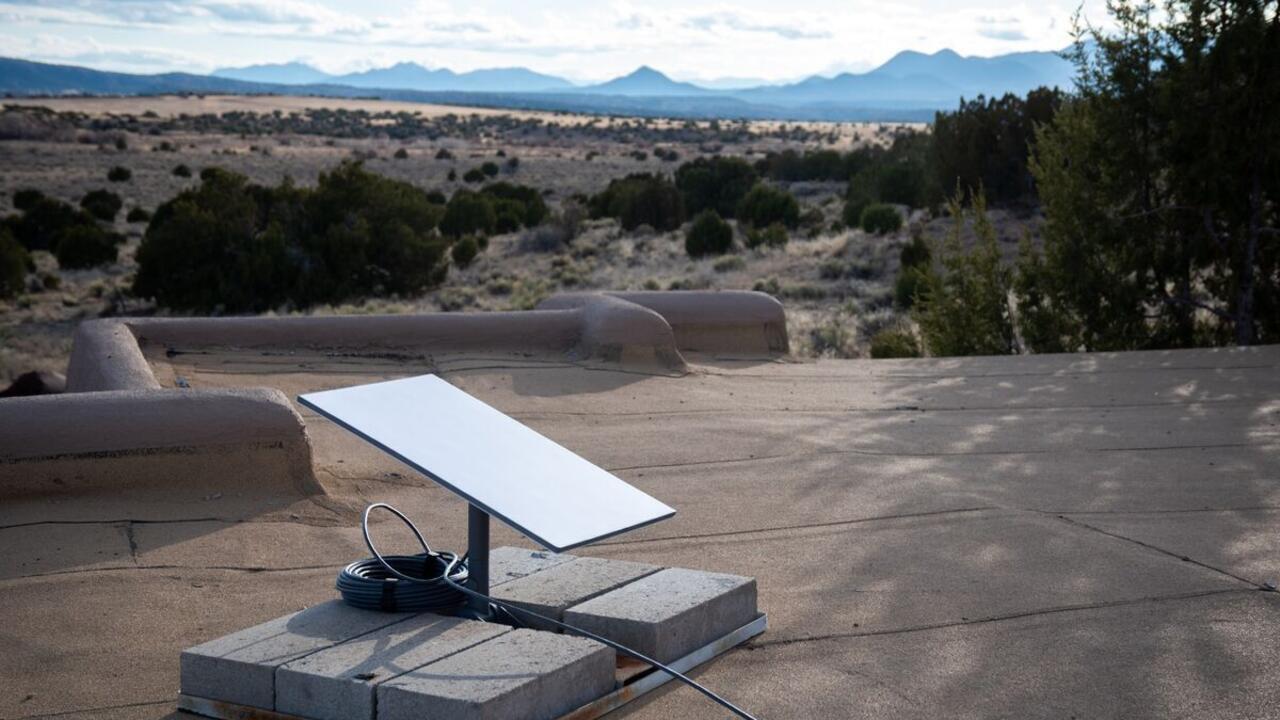Envisaging a multi-orbital network of almost 300 satellites, Iris² aims to rival US satellite internet service providers such as Elon Musk’s Starlink and Amazon’s Project Kuiper. “This cutting-edge constellation will protect our critical infrastructures, connect our most remote areas and increase Europe’s strategic autonomy,” said European Commission vice president Henna Virkkunen.
The system, developed as a public-private partnership, will serve both governments and private clients. With an estimated budget of €10.6 billion euro, Iris² is to allow for secure communications for military, defence and diplomatic purposes. Surveillance, connectivity in natural disaster-hit areas and commercial broadband access are among its other potential uses, according to the European Union.
On Monday, the EU signed a 12-year concession for the implementation of the project with SpaceRISE, a consortium led by France’s Eutelsat, Spain’s Hispasat and Luxembourg’s SES. Other partners include OHB, Airbus Defence and Space, Telespazio, Deutsche Telekom, Orange and Hisdesat.
The EU’s commissioner for defence and space Andrius Kubilius hailed the signing as the launch of “a vision of a stronger, more connected, and more resilient Europe”.
More than half of the project’s budget will be footed by the EU, with €4.1 billion coming from private investment and €550 million from the European Space Agency (ESA).
Earlier this year, Starlink claimed to have already put more than 6,000 satellites into orbit, serving 2.6 million customers. While Iris² counts on a lower number of satellites, its multi-orbital design puts it on par with a constellation of about 1,000 Starlink satellites in terms of performance, EU officials said.
Iris² earth-based infrastructure will be located exclusively in Europe with control centres in Luxembourg, France and Italy. The system will be fully operational by 2030.
Iris² is the EU’s third large space project, after the Galileo satellite navigation system and the Copernicus Earth monitoring satellite constellation.



ESA will decide that, they have the authority over deployment.